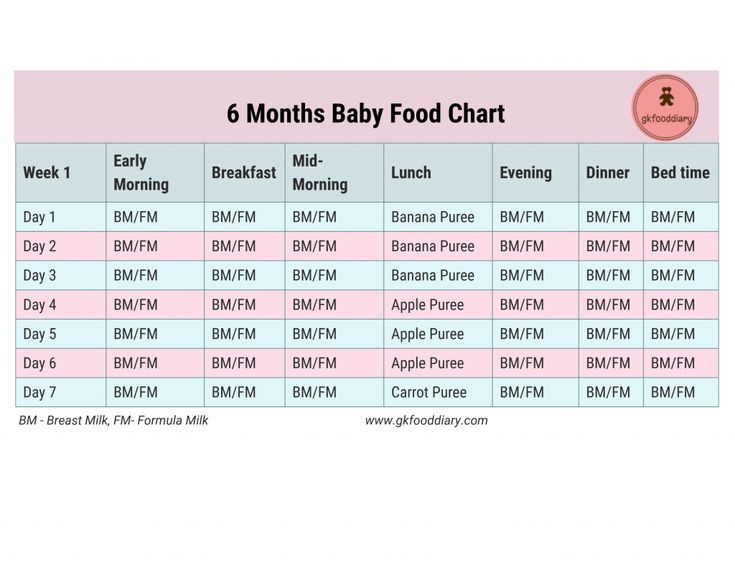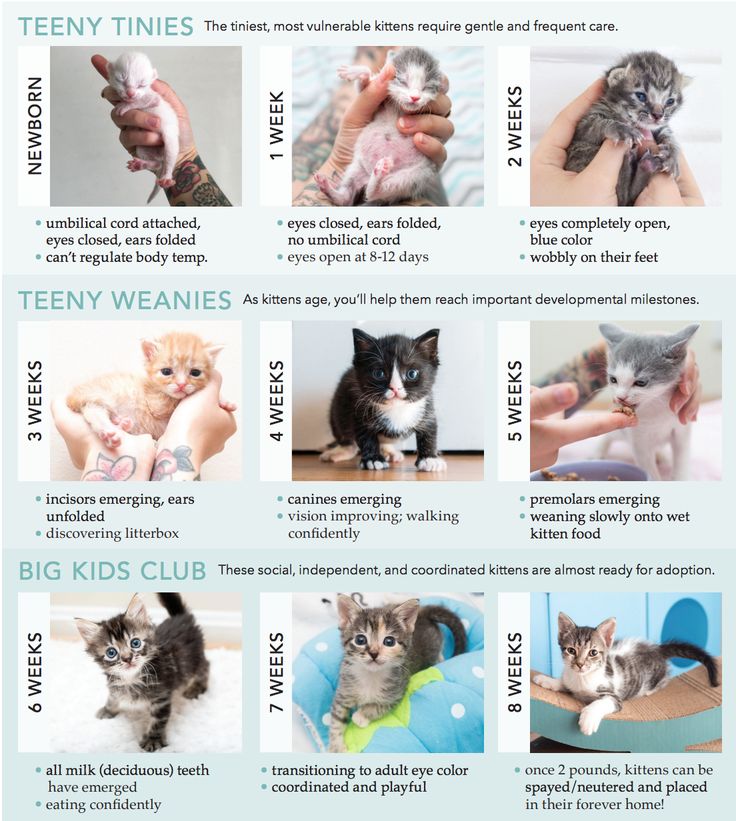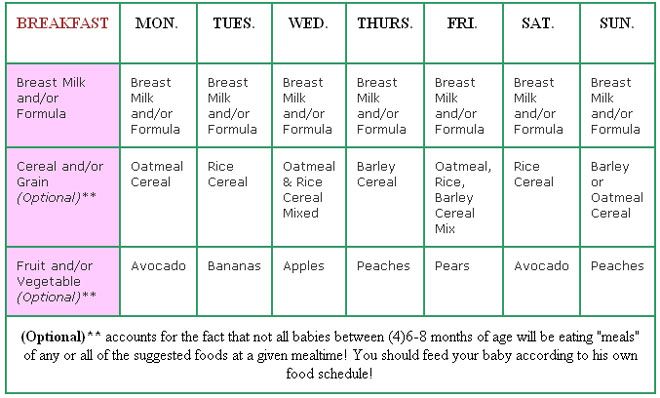How to reduce baby night feeds
How and when to wean your baby off of night feedings
Wondering when to wean your baby off the bottle or breast at night? Most babies can make it through the night without eating when they're 6 months old. You may be able to start night weaning your baby when they're 4 months old, or you may choose to wait until later. The key is to ensure your baby is getting plenty to eat during the day and right before bedtime. You can then gradually cut back on the amount of breast milk or formula and the number of times you feed your baby at night.
Can you hardly wait for your baby to sleep through the night? Fortunately, that milestone may be closer than you think. Many babies are able to sleep for at least six hours at a stretch when they're 3 months old, or weigh 12 to 13 pounds. However, some babies take longer: Roughly one quarter aren't sleeping six hours overnight by the time they hit their first birthday.
Babies wake during the night for many reasons, but notably because they're hungry. In the early months, babies need to eat every few hours, including through the night. Gradually, however, babies need to eat less and less at night – until by 6 months of age (possibly sooner or later), your baby may quit nighttime feedings and go up to 12 hours without waking to eat.
Sometimes babies self-wean from night feedings with no help from you – they'll just sleep through the night suddenly and never look back. But sometimes you have to nudge them, especially if they're down to one nighttime feeding they just aren't dropping.
Night weaning your baby means ensuring they get enough to eat during the day so they don't need to wake at night to eat. Here's how to get started.
When will my baby be ready for night weaning?
This varies, but somewhere between the ages of 4 and 6 months, most babies get enough calories during the day to sustain them for five or six hours at night.
It's not unusual for younger babies to sleep for much longer stretches without needing to eat – or for older ones to continue waking up to eat. Even if your baby doesn't need to eat in the middle of the night, they may still wake up wanting to. Babies who are used to eating several times a night tend to wake up out of habit, and it can take time to change this routine.
Even if your baby doesn't need to eat in the middle of the night, they may still wake up wanting to. Babies who are used to eating several times a night tend to wake up out of habit, and it can take time to change this routine.
If you've recently gone back to work and are less available during the day, your baby may want to nurse or take a bottle at night as a way of reconnecting with you. And you may notice that your baby wakes up more often when they're teething, if they catch a cold, or when they're mastering a developmental milestone.
For all these reasons, it's helpful to approach the weaning process gradually and gently. Keep in mind that your baby is still young and has a tremendous need for comfort, closeness, and reassurance – particularly from you.
Should I start night weaning my baby?
Many experts recommend night weaning around the time babies are 6 months old, because at that point most babies don't physically need to eat at night. At this age, most babies wake to eat out of habit. And if you do wait to night wean your baby when they're older, know that it can be more challenging to wean a toddler off of night feedings. But the timeline isn't set in stone: You can start trying to get your baby to sleep longer stretches between feedings as early as 4 months of age, or much later than 6 months old.
At this age, most babies wake to eat out of habit. And if you do wait to night wean your baby when they're older, know that it can be more challenging to wean a toddler off of night feedings. But the timeline isn't set in stone: You can start trying to get your baby to sleep longer stretches between feedings as early as 4 months of age, or much later than 6 months old.
Advertisement | page continues below
Ultimately, it's your choice whether to night wean or not. It's hard to maintain your own health and well-being if you're chronically sleep deprived. The decision to end your baby's night feedings depends in part on how they're affecting you.
If you enjoy nursing or giving a bottle to your baby at night, you can continue until your baby eventually quits on their own. On the other hand, if you find yourself feeling grumpy and exhausted, it may be time.
Keep in mind that your baby's sleep and nutritional needs may vary if they aren't gaining weight as expected or if they were born prematurely.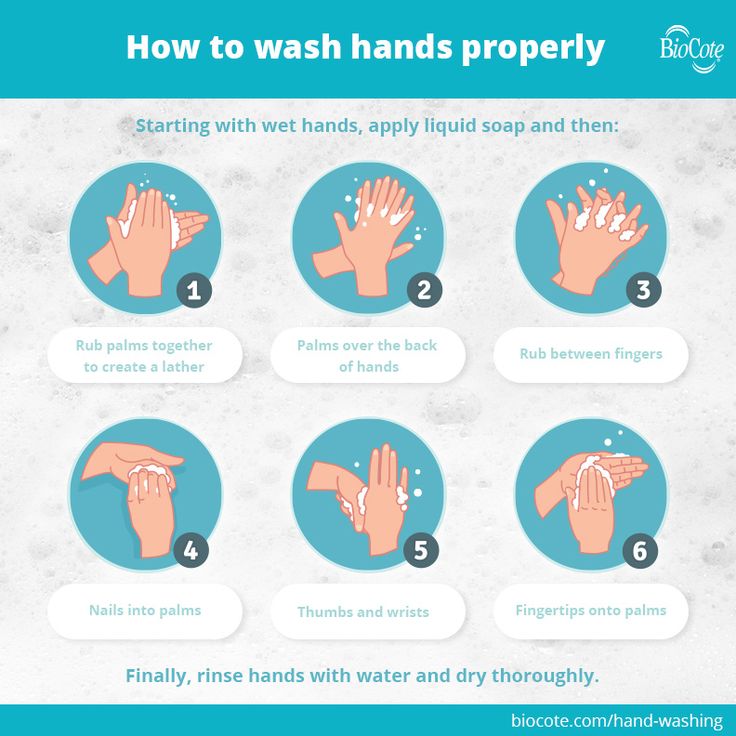 If you're not sure whether your baby's ready for night weaning, talk to your child's doctor. The doctor can help you sort through any issues and help you make your decision based on how your baby's growing.
If you're not sure whether your baby's ready for night weaning, talk to your child's doctor. The doctor can help you sort through any issues and help you make your decision based on how your baby's growing.
How to wean your baby off of night feedings
Once your baby is ready to give up night feedings, try the following techniques:
- Make sure your baby gets plenty to eat throughout the day. As your baby grows and becomes more active, they may not want to stop to nurse or take a bottle during the day, and they may try to make up for it at night. To make sure they get enough to eat, take scheduled breaks during the day for a quiet bottle or nursing session in a place with no distractions. (If you're not sure that your child is eating enough, check their growth by having them weighed at the doctor's office.)
- Start the night weaning process slowly and gradually. Nurse your baby for a shorter period of time on each breast or give them a smaller amount of breast milk or formula in their bottle when they wake at night.
 Try to prolong the intervals between feedings by patting and comforting your baby back to sleep.
Try to prolong the intervals between feedings by patting and comforting your baby back to sleep. - Offer extra feedings in the evening. If your baby goes to bed with a full tummy, they're less likely to wake up hungry in the middle of the night.
- Give a "dream feed." After your baby's already asleep – say at 11 p.m. or so – you may want to wake your baby for a final feeding before you go to bed yourself.
- Avoid night weaning during times of transition. For example, wait if you're just about to return to work or take a family vacation. If you've recently become less available during the day, make sure to give your baby extra cuddle time when you're together, so they'll feel more connected and be less likely to seek comfort in the middle of the night.
- Gradually eliminate feedings, one at a time. Gently soothe and comfort your baby when they wake up, and explain that it's time to sleep, not eat.
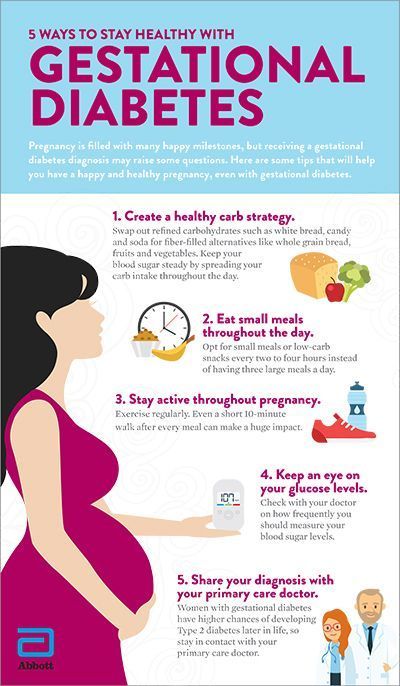
- Keep any feedings you do at night short and sweet. That way your baby won't wake to eat just because they've come to expect late-night cuddles.
- Consider sleep training. If your baby seems to eat plenty during the day but still wakes at night, it may not be because they're hungry but because they're used to it. At this point, you may want to consider baby sleep training to help your little one learn to self-soothe back to sleep.
For more help night weaning your baby from a pediatric sleep physician, check out our course, Baby Sleep 101.
Night weaning if you're breastfeeding
Suddenly stopping the frequency of your nighttime nursing sessions can lead to painful engorgement and increased likelihood of developing an infection known as mastitis. That's one more reason it's good to start slow and drop one feeding at a time, so your breasts can get used to your new routine more easily. In the meantime, you may find that you initially need to wake up and pump breast milk during the night to relieve engorgement.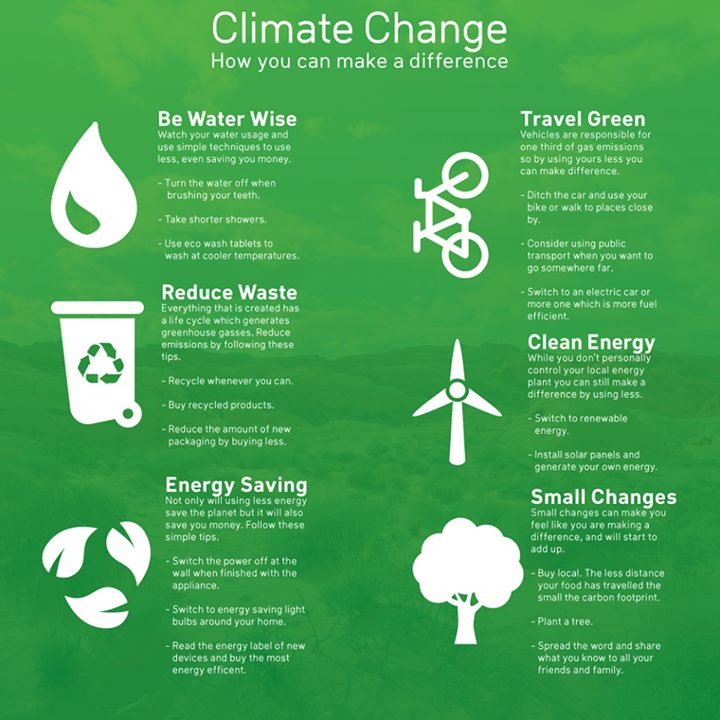
A key to night weaning your baby is making sure they're getting enough to eat during the day. You may find that you need to pump after one or more feedings during the day, then save the additional milk for an extra feeding in the evening. This can help boost your milk supply as well as ensure that your baby fills up before bedtime. As always, you'll know your baby is getting enough to eat if they're gaining weight as expected and having at least six wet diapers during the day.
Once your baby is around 6 months old, they'll start solids. Breast milk will still be your baby's main source of nutrition, although you may find that they need to breastfeed less as they gradually eat more solid foods.
Night weaning if you're formula feeding
If you're bottle-feeding and ready to night wean your baby, make sure they get enough to eat during the day. By 6 months of age, formula-fed babies need to eat between 6 to 8 ounces (or 180 to 240 mL) per bottle, four to five times every 24 hours.
Once your baby starts solids, formula will still be their main source of nutrition. But with time, solid foods will cover more of your baby's nutritional needs – and you'll eventually start giving your baby fewer bottles with slightly more formula in each. The bedtime bottle is usually the last to go, and even once you wean your child off it, you may want to give them a bedtime snack or a cup of milk to help them make it through the night without getting hungry.
Learn more:
- Baby sleep 101 virtual course
Was this article helpful?
Yes
No
Night Weaning 101 (Help your baby or toddler sleep all night!)
Stopping night feedings can be an important milestone for your baby or toddler—and mean better shuteye for them and you. We’ve got all the info you need to consider when night weaning, plus strategies on how to do it successfully with minimal tears.
Night WeaningWhen your baby is a newborn, you’re used to them waking up several times a night to nurse or take a bottle.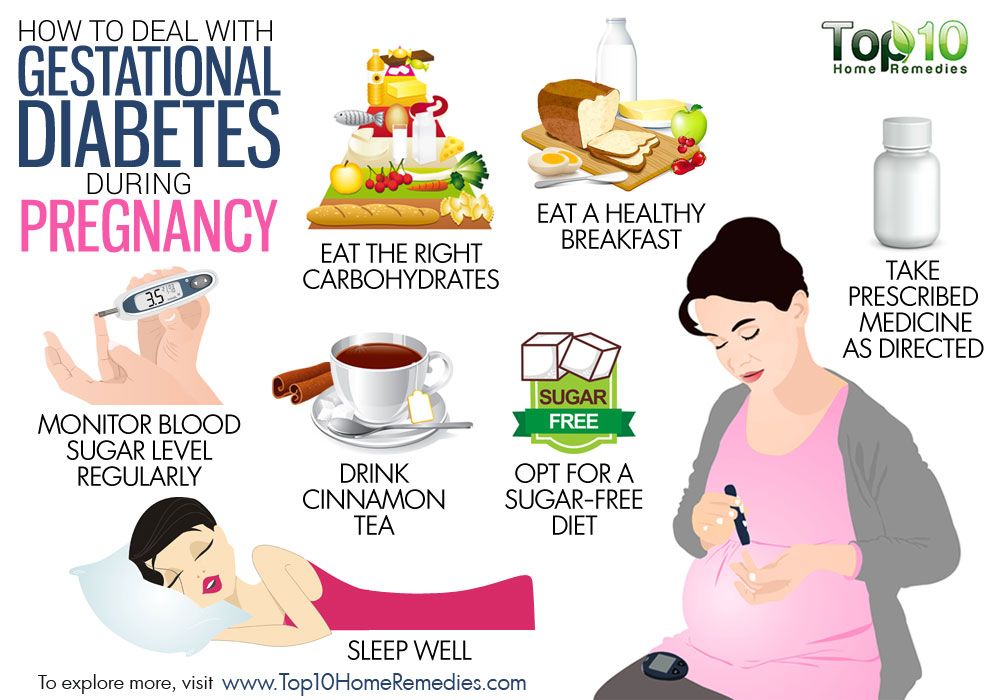 But, as they grow, their nutritional needs change and it’s okay to cut back and/or eliminate feeds throughout the night.
But, as they grow, their nutritional needs change and it’s okay to cut back and/or eliminate feeds throughout the night.
However, by this point, most babies are used to waking up several times a night and eating, so getting them to a place where they’ll go at least 7 to 8 hours without one can be a bit of a process. The good news? Alicia Birdsong, a certified pediatric sleep consultant and founder of Hush Little Birdie Pediatric Sleep Consulting is here to walk you through how to do it.
TIP: We’re going to share tips on night weaning both babies and toddlers since there’s no one right age to do this.
When to Wean“So first thing when it comes to night weaning, I think it’s important to talk about when it’s nutritionally appropriate to night wean,” says Birdsong. This is something you should talk to your pediatrician about, but typically babies between the ages of six and eight months are ready to go through the night without eating.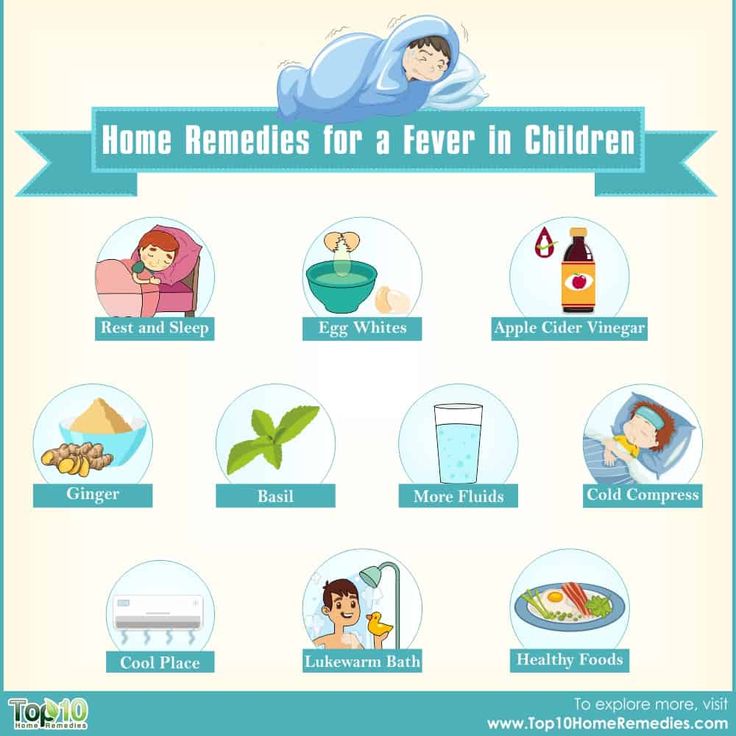
“It’s sometimes a little younger, or a little older,” adds Birdsong, “but this seems to be the average age to night wean.” One of the biggest indicators you can look for is a child doubling his or her birth weight, which tends to correlate with not needing to eat at night. Other clues that it might be time to wean are if your baby is having trouble getting back to sleep after feeds, or is waking at other times of night when it’s not time to eat.
Learn to
Promote Independent SleepThe thing with night weaning is that it’s often not just about eating, it’s about the fact that your baby is used to either nursing or having a bottle to fall asleep initially and get himself back to sleep throughout the night. If you’re not ready to teach your child to fall asleep on their own, explains Birdsong, you can switch eating with another sleep association like rocking to sleep.
However, “if you’re ready to help them fall asleep independently without any assistance from you, that is likely going to result in better quality sleep,” adds Birdsong. “If you help them learn how to fall asleep independently then it sets the stage for them to be able to connect their sleep cycles and stay asleep longer.”
“If you help them learn how to fall asleep independently then it sets the stage for them to be able to connect their sleep cycles and stay asleep longer.”
There are many methods for helping kids fall asleep on their own—you can checkout Birdsong’s Instagram for more advice-—but the part that is related to weaning is really making sure that your child is not dozing off while eating. This might mean moving nursing or the bottle feed to the beginning of the bedtime routine—with the lights on!—and then doing a book or a song or something after that before putting your child in the crib.
(If you nurse, you might even want to have your partner take over that second half of bedtime so that your child is not expecting you to feed him to sleep.)
How to
Cut Back on FeedingsIt’s important that you get the bedtime routine on track, because however your child is falling asleep at bedtime will also be how they’re expecting to get back to sleep during the night.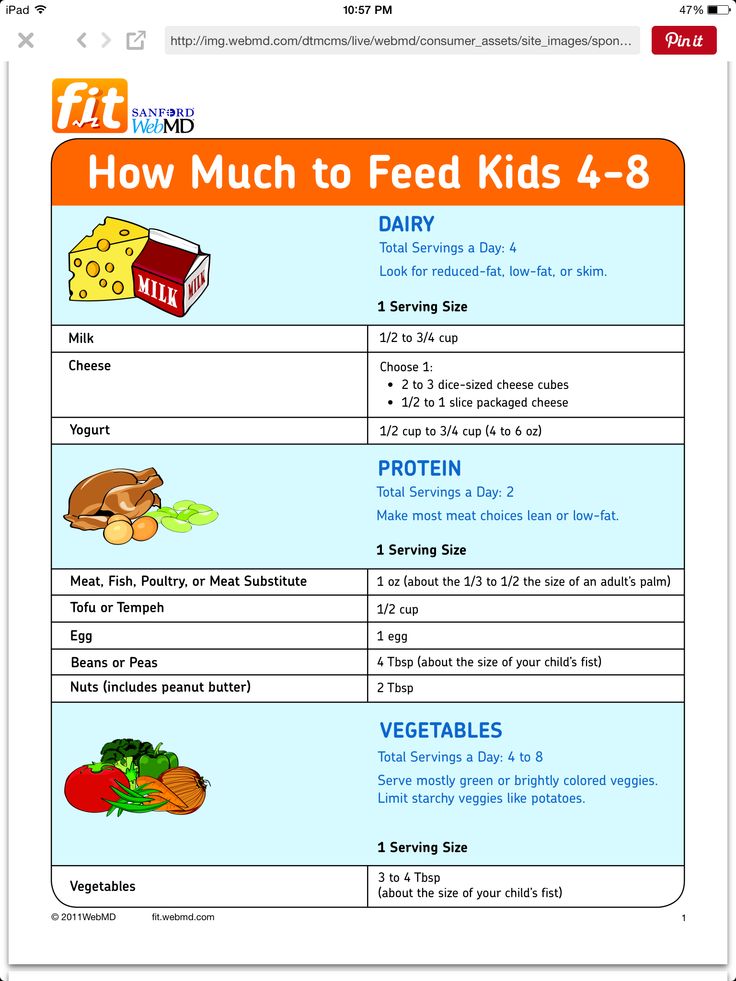 But, beyond that, you obviously have to deal with the actual issue of feedings. Once you’ve established that your child is ready to night wean, you may choose to go cold turkey and remove the feeds altogether.
But, beyond that, you obviously have to deal with the actual issue of feedings. Once you’ve established that your child is ready to night wean, you may choose to go cold turkey and remove the feeds altogether.
“If you would like to do something more gradual, though, you can still offer a night feed but slowly adjust how long the feed lasts,” says Birdsong. So, for example, if you typically nurse for 6 minutes, you can cut that down by a minute every few days until the feedings taper off. (Same works for bottle feeding, just cut down the amount of formula you offer.)
If you’re also working on your child’s independent sleep routine, once you remove that night feeding anytime they wake up, you should handle it with whatever method you’ve decided to use at the start of bedtime.
“The more consistent you are, the easier it’s going to be for them to learn a different way of doing things,” urges Birdsong.
A Note on Co-SleepingCo-sleeping can pose extra challenges when night weaning.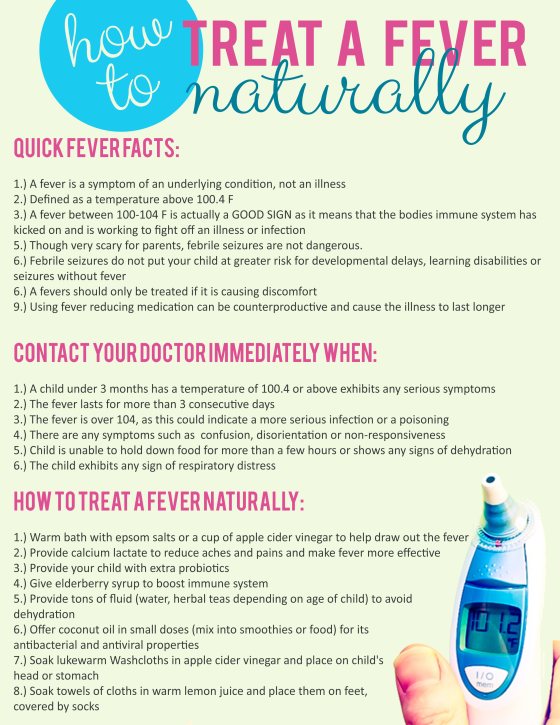 “It may be really hard if you’re right there, and your baby is used to nursing and you’re telling him or her no…especially in the middle of the night when they’re tired,” explains Birdsong. The solution? You might need to head to the guest room for a few evenings and let your child and your partner sleep together without you.
“It may be really hard if you’re right there, and your baby is used to nursing and you’re telling him or her no…especially in the middle of the night when they’re tired,” explains Birdsong. The solution? You might need to head to the guest room for a few evenings and let your child and your partner sleep together without you.
“If you’re not physically not present for, let’s say the first 4 to 5 nights, then the thought of nursing won’t be nearly as prevalent and your partner can offer other forms of comfort.” Depending on your child’s age, this could include snuggles, a stuffed animal, or even a pacifier.
How long does it take to night wean?
It depends. Once your child is ready to drop their night feeds, you can choose to go cold turkey and stop nursing or giving bottles during sleeping hours altogether. (If you’re nursing, though, you may need to wake up to pump for a few days while your body adjusts.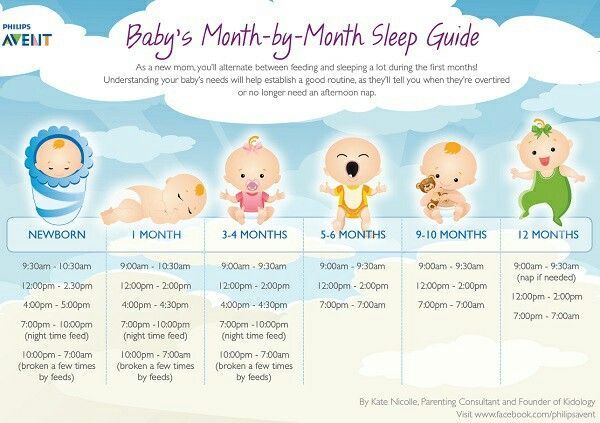 ) However, many parents choose to cut down the number of feeds and amount of milk or formula offered gradually, which can take a few weeks.
) However, many parents choose to cut down the number of feeds and amount of milk or formula offered gradually, which can take a few weeks.
When can you stop night feedings?
Nutritionally speaking, most babies can do without night feedings between 6 and 8 months of age or once they’ve doubled their birth weight. But it’s important to ask your pediatrician for the go-ahead before eliminating these nursing sessions or bottles.
How do I stop nursing to sleep?
You’ll need to get your baby out of the habit of falling asleep while nursing, and this may mean adjusting your bedtime routine. One easy way to do this is to simply move nursing to the beginning of the routine. This may mean nursing first, with the lights on, and then getting them into their sleep sack and reading a book or singing a song after that, for example. Another trick: Have your partner take over the rest of bedtime after nursing, to help further separate the act of nursing from falling asleep.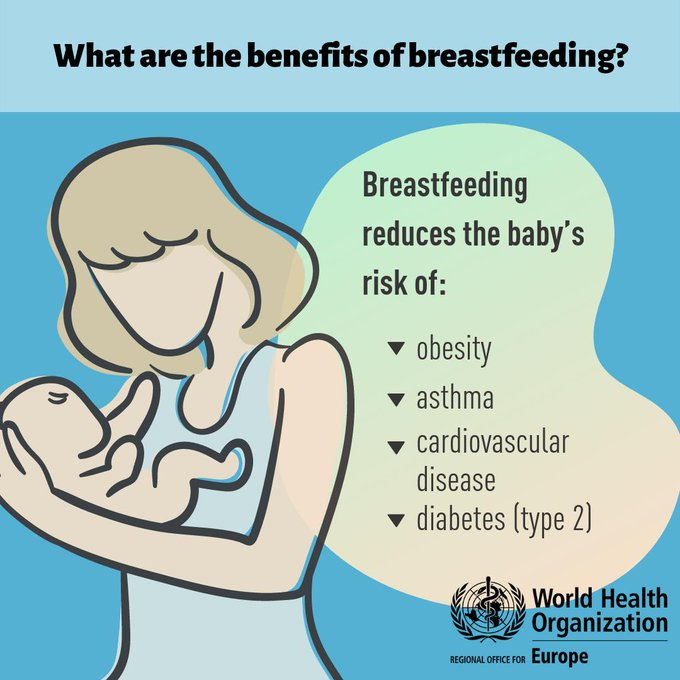
How to Night Wean a Toddler
Once kids are over 12 months, it can be harder to wean them at night simply because they’ve been in the habit of waking for a longer period of time. It can be fairly frustrating to cut down on feeds slowly for this age, as Amy found when she night weaned her third kiddo at 14 months. The same advice as above applies, though the kids may have more feelings about it.
“After three nights of trying to gradually reduce the duration of our feeds, I knew it was not working. My let down would barely be over and the timer was up and the baby was confused about why I was only giving him a little milk,” she explains. “I worked with Alicia to develop a plan to cut the night feedings cold turkey and after two nights, he was sleeping through the night.” Yes, that may mean crying temporarily, but Amy found that the clear rules were much easier for everyone to understand.
The goal of night weaning—once the child is nutritionally able to go through the night without breastmilk or formula—is to break the habit of waking up during the night. That can take 2 nights or a week, and it may have the benefit of making the kids be hungrier for milk or food during the day. It’s a process, so be gentle with yourself through the transition.
That can take 2 nights or a week, and it may have the benefit of making the kids be hungrier for milk or food during the day. It’s a process, so be gentle with yourself through the transition.
Best Tips for Night Weaning
- Wait to night wean until the child is nutritionally ready for the milestone. This typically happens when babies are between the ages of six and eight months.
- Work on disassociating sleep and eating by giving the last feeding of the day with the lights on and adding a book or a song after the feeding. The goal is to put baby down awake so when they wake up during the night, they will be able to go back to sleep without a feeding.
- Go gradual by shortening the duration of feeds by a minute (or decrease ounces of formula) each night until you get down to zero, and offer alternative comfort during wake ups like snuggles or a pacifier.
- Go cold turkey by deciding on a day when night feedings will end and say goodnight to the little and leave them be until morning.

- Remember that you may need to pump a small amount for a few nights to help your body adjust (but don’t pump too much or you will tell your body that it needs to be producing milk at that time—aim for just enough to give you relief).
- A toddler who feeds during the night may have a decreased hunger for daytime milk and solids, so cutting out the night feeds can help move that intake to the daytime.
- If you co-sleep and have been in the habit of nursing to sleep and back to sleep, it may help to sleep in another room for a few nights as you transition.
- Whatever approach you take, be consistent.
- Discuss any concerns you have with your pediatrician.
Find our full guide to Weaning Toddlers here. And reach out to Alicia for additional personalized support. You can take $20 off a package with the code yummytoddlerfood.
How to reduce night feedings?
"How to wean a child from night feeding" is one of the most discussed issues among mothers.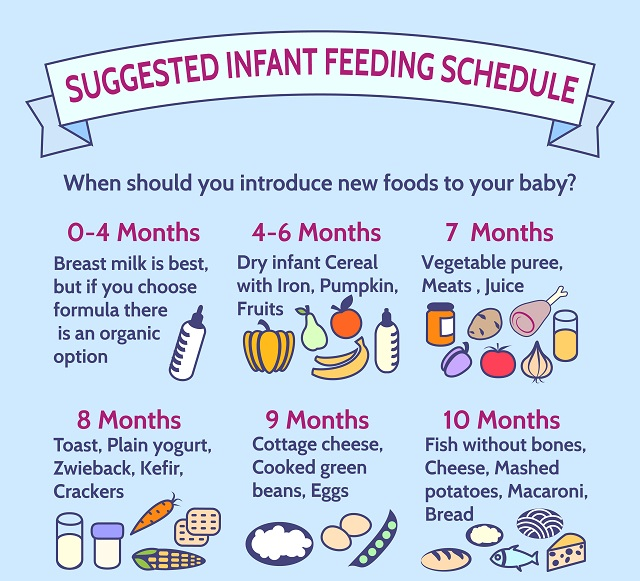 This becomes especially relevant as the baby grows, because many children tend to wake up more often with age than in infancy. There are a lot of opinions, from the harshest to the position "be patient, everything will go away with time", but most mothers would still like the child to wake up less often without unnecessary loss of nerves on both sides ... Is it realistic to do something for this?
This becomes especially relevant as the baby grows, because many children tend to wake up more often with age than in infancy. There are a lot of opinions, from the harshest to the position "be patient, everything will go away with time", but most mothers would still like the child to wake up less often without unnecessary loss of nerves on both sides ... Is it realistic to do something for this?
Is it normal to wake up frequently at night?
When thinking about nighttime feedings, the main thing to remember is that it is perfectly natural for a baby to wake up several times a night. Any child, regardless of the type of feeding, up to 3-4 years old can sleep without a break for no more than 6 hours, and usually even 4-5 hours. Uninterrupted sleep for 8-10 hours, as adults often expect, is simply not a physiological norm. Babies have different rhythms of superficial and deep sleep: in an adult, the duration of superficial sleep is about 20% of the total sleep time, and in a newborn it is 80%. A six-month-old child is in superficial sleep 50% of the total sleep time, and a two-three year old is about 30%. The famous psychologist Winnicott believes that it is in superficial sleep that the active development of the brain takes place.
A six-month-old child is in superficial sleep 50% of the total sleep time, and a two-three year old is about 30%. The famous psychologist Winnicott believes that it is in superficial sleep that the active development of the brain takes place.
Superficial sleep is easily interrupted, so the child often wakes up as soon as something starts to bother him - for example, the absence of his mother nearby. And the simplest and surest way to calm the baby is, of course, breastfeeding! Those parents who believe that "artificial" children sleep better are mistaken. Sometimes they really sleep better, simply because the mixture is digested longer and harder than mother's milk , and the body devotes all its strength to the assimilation of food; perhaps this task becomes more important than adequate brain development. Other children still wake up, but they do not call their mother, because they do not expect help from her. They are already used to the fact that the mother does not satisfy all the needs of the child, but only those that she chooses herself, and there is no need to expect much support from her.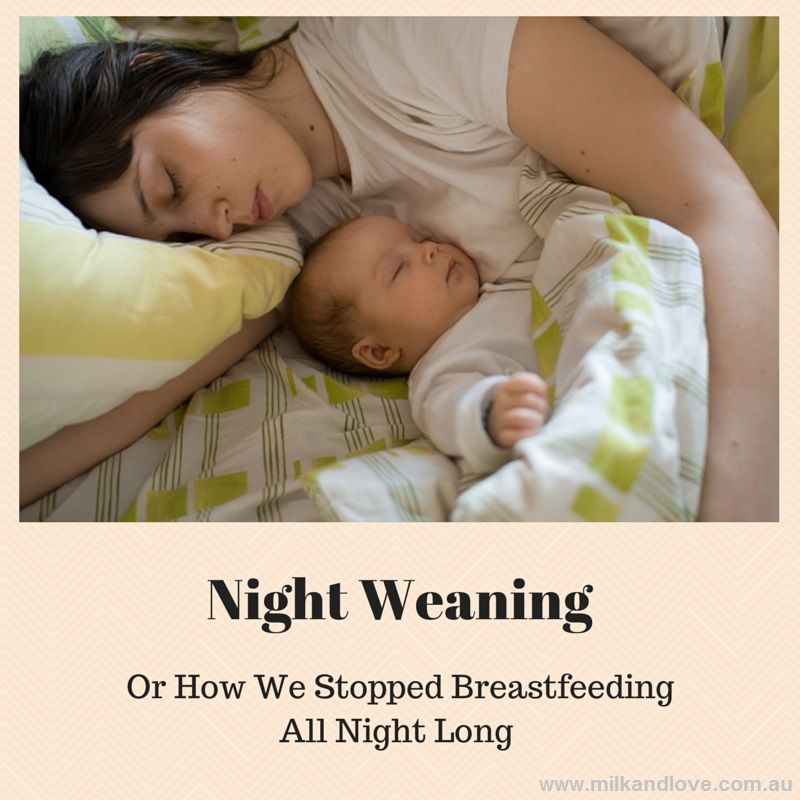 And a significant part of formula-fed babies still wake up and call their mother, and are not always calmed down by just one bottle, but require, for example, motion sickness ...
And a significant part of formula-fed babies still wake up and call their mother, and are not always calmed down by just one bottle, but require, for example, motion sickness ...
From the point of view of nature, night feedings are very justified: the maximum amount of prolactin - the hormone on which the volume of lactation depends - is formed in response to sucking in the period from 2 to 7 in the morning. It is at this time that children tend to wake up. In this case, the newborn will wake up because, after continuous intrauterine nutrition, he is still unable to withstand long breaks between meals. And older children begin to wake up more often at night precisely after they begin to feed less frequently during the day - morning feedings serve the purpose of maintaining lactation. Children after six months are often woken up by cutting teeth. And those who are over a year old, in this way often make up for the lack of tactile communication with their mother.
Very common advice is to "let the child yell" and then at some point he will stop disturbing his parents at night.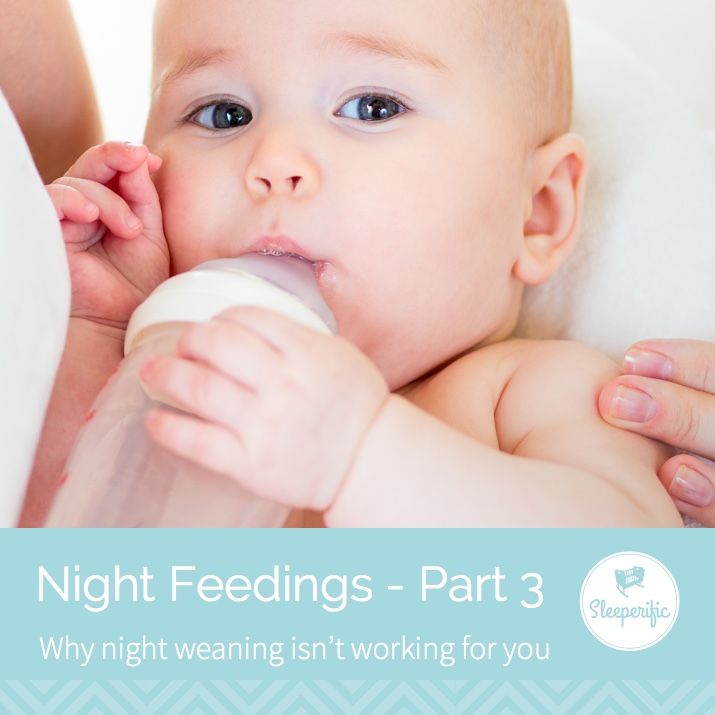 Various methods are proposed, the purpose of which is to accustom the child to "independent sleep". Margo Sunderland, director of the Child Mental Health Center in London, based on a 4-year study of the results of brain ultrasound and scientific research, came to the following conclusion: “If you ignore a crying baby, put him to sleep in a separate room, you can cause serious damage the baby's brain. This can cause many serious neurological diseases and emotional problems in the future.” .
Various methods are proposed, the purpose of which is to accustom the child to "independent sleep". Margo Sunderland, director of the Child Mental Health Center in London, based on a 4-year study of the results of brain ultrasound and scientific research, came to the following conclusion: “If you ignore a crying baby, put him to sleep in a separate room, you can cause serious damage the baby's brain. This can cause many serious neurological diseases and emotional problems in the future.” .
“So, suffering from lack of sleep is inevitable?!” many will exclaim. However, there is good news: firstly, the sleep rhythms of a nursing mother also change , and provided joint sleep with a child 2-4 waking up per night practically does not affect mother's rest. Another thing is if the mother has to get up and go somewhere for feeding, when the rhythms of her sleep are not synchronized with the baby sleeping separately. But even then, daytime sleep can come to the rescue: do not try to redo all the things when the baby falls asleep, but go to sleep on your own, best of all - still nearby, this will ensure a more calm and long sleep for the child.
Secondly, at some age, children will definitely stop waking up at night . And this happens the earlier, the more fully the needs of the baby in nighttime contact with their parents are satisfied.
Finally, in addition to simply ignoring the baby, which always causes a lot of stress for the baby, there are also gentler ways to cut down on the nighttime feeds that have become too frequent!
Improving the sleep of a child up to a year
In fact, there are many ways to reduce night feedings that have become too frequent. But in every family, depending on the characteristics of the development of the baby and the psychological makeup of the parents themselves, some of them will work, while others will not. It remains only to try, carefully watching the reaction of the baby.
If a child is less than a year old, then trying to reduce nighttime feedings by moving away the crumbs is dangerous for his mental balance.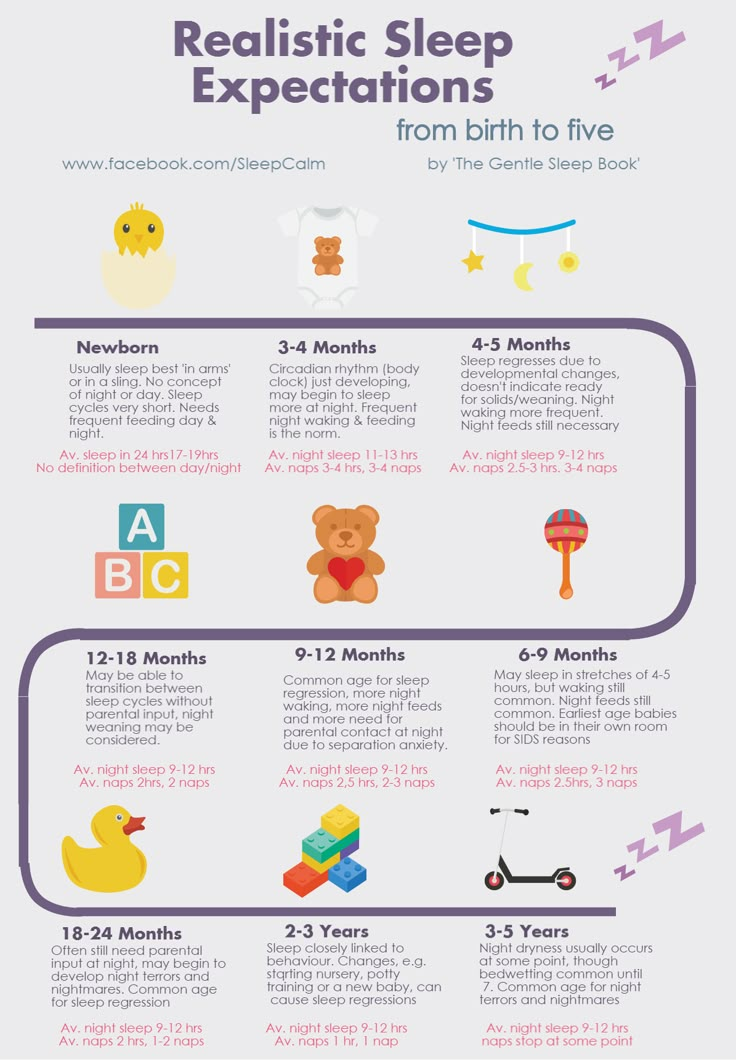 Persuasion also does not work yet, so it is better to direct the actions of parents not to the baby himself, but to factors that can cause frequent waking.
Persuasion also does not work yet, so it is better to direct the actions of parents not to the baby himself, but to factors that can cause frequent waking.
Starting at about 5 months (sometimes a little earlier or later) babies are woken up more often teething discomfort . It is understandable that this is very unsettling for the mother, but breastfeeding remains the simplest and easiest way for the whole family to ease the baby's anxiety. Many mothers of "artificial" at this age complain not just that the baby wakes up, but that they have to rock the aching baby for a long time in the middle of the night only to wake up again in an hour or two ...
If you think that it could be the teeth, then:
Did it help or are you sure that the teeth are not to blame? Then a couple of "tricks":
Many babies, mastering new skills, are very fond of learning about the world and almost stop sucking during the day. Such active babies, even if the mother herself offers the breast, can literally kiss for two or three minutes, and then they drop the breast and again strive somewhere.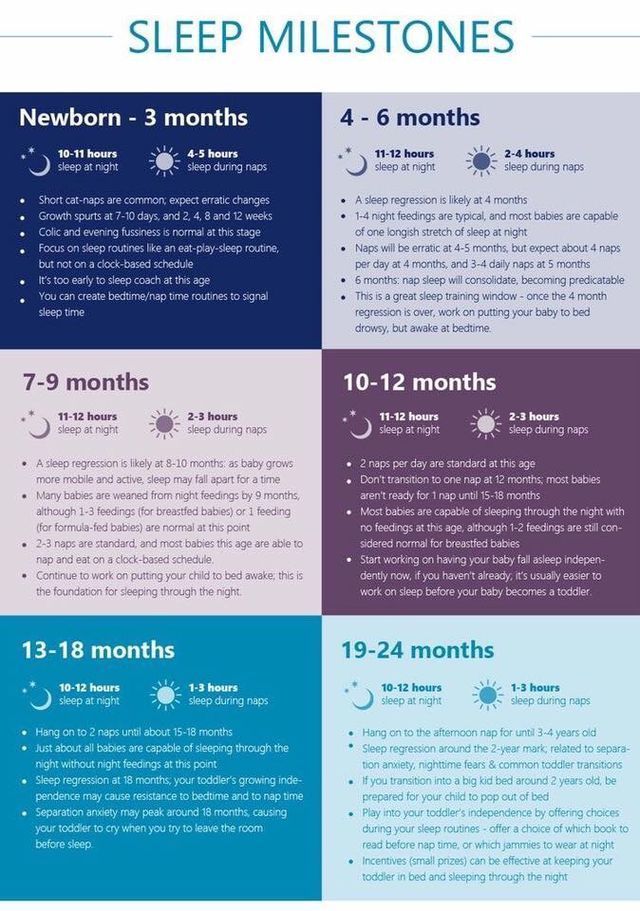 Sometimes the decrease in daytime contact with the mother is offset by a sharp increase in nighttime feedings. What to do in this case?
Sometimes the decrease in daytime contact with the mother is offset by a sharp increase in nighttime feedings. What to do in this case?
And one more piece of advice for mothers of children under one year of age who wake up easily at night - try to fall asleep with your child, this will reduce your lack of sleep. If you still need to leave, wait next to the baby for about 20 minutes after falling asleep - usually during this time the child goes from a phase of superficial sleep, which is easily disturbed, to a deep one. Some mothers put their clothes next to the baby, which they have been vilifying for some time - the child smells his mother's smell through a dream and believes that his mother is nearby, everything is in order. This is enough to ease a little anxiety.
And if the child is older than a year...
Not all children older than a year often wake up at night, some can feed only once or twice, giving their mothers the opportunity to have a good night's rest.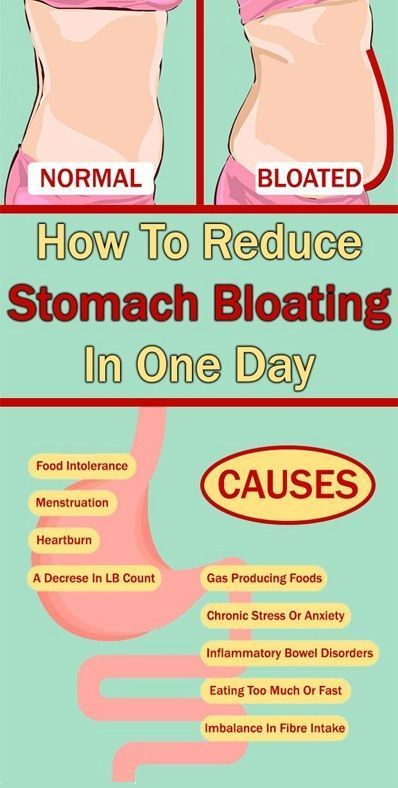 A conversation with a friend whose baby sleeps more can cause bitterness and annoyance in mothers whose children wake up almost every hour or hang on their chest for a long time in the morning. It even leads some to think about weaning . However, a mother who decides to take this step often finds with great disappointment that the baby continues to wake up in the same rhythm! And it happens that the situation gets worse - here is a review of one of the mothers, who hoped to improve night sleep through weaning:0003
A conversation with a friend whose baby sleeps more can cause bitterness and annoyance in mothers whose children wake up almost every hour or hang on their chest for a long time in the morning. It even leads some to think about weaning . However, a mother who decides to take this step often finds with great disappointment that the baby continues to wake up in the same rhythm! And it happens that the situation gets worse - here is a review of one of the mothers, who hoped to improve night sleep through weaning:0003
"Began with two weeks of tantrums five times a day - twice at night, in the morning when waking up, in the afternoon when laying down, when waking up and when laying down at night. Terrible tantrums for 40 minutes, it was experimentally established that talking, pronouncing, touching , calming her down only turns her on more. The only way out is to sit silently next to her and be ready to hug her whenever she wants - 40 minutes !!!! Then the daytime sleep is gone - it is impossible to lay the baby down without a breast.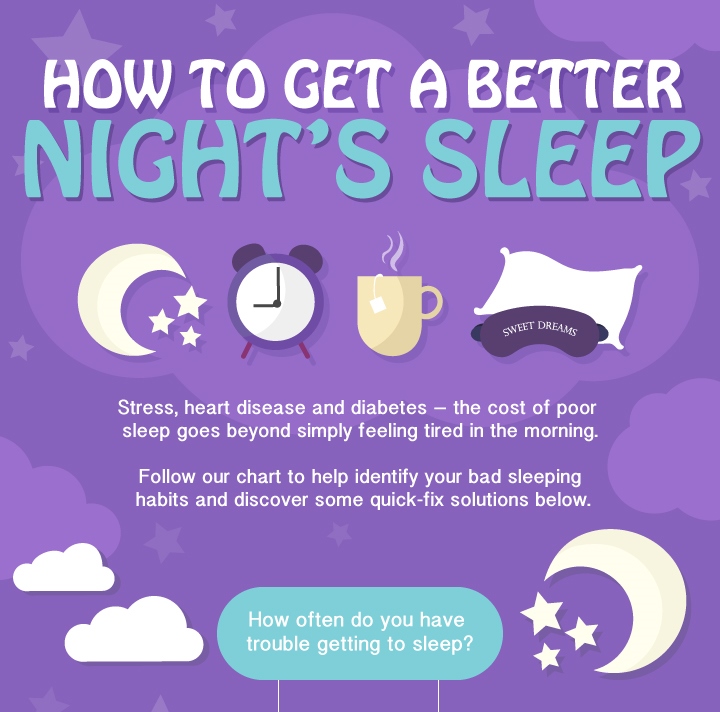 Or pump her on the playground on a swing for an hour and carry her home , or press her to the bed by force and listen to 40 minutes of screaming ... And in a month she did not forget and did not stop asking for breasts. “Mom, does your boobs hurt anymore? Do you feel better? Let's have a tablet, shall we? And now sisyu can I?"
Or pump her on the playground on a swing for an hour and carry her home , or press her to the bed by force and listen to 40 minutes of screaming ... And in a month she did not forget and did not stop asking for breasts. “Mom, does your boobs hurt anymore? Do you feel better? Let's have a tablet, shall we? And now sisyu can I?"
Why does an unexpected deterioration often occur instead of the expected improvement? The whole point is that not breastfeeding causes nighttime anxiety. It is simply the easiest way for both parties to deal with an existing problem. A child older than a year does not wake up to breastfeed - on the contrary, he breastfeeds in order to calm down and fall asleep again in the most familiar way. How often the baby will wake up does not depend on the method of feeding, but on the temperament of the child, the conditions and characteristics of his development.
And yet, after a year, avoiding night feedings is easier, because a mother can use methods of influence that are simply incomprehensible to very tiny babies. The previous tips can also work, but mom's arsenal of tricks is expanding. Important note: When you use these steps, carefully watch your baby's reaction! The way you behave at night is necessarily reflected in the behavior of the child during the day. If after a few nights you use a method, the baby behaves as usual - you can continue in the same spirit. But if the baby becomes cranky, whines, throws tantrums, or seems withdrawn - this reduction in nightly feedings is not suitable for your child. At least right now. So what can help?
The calm, benevolent confidence of both parents is of great importance. The child must feel that nothing bad is happening. The fluctuations experienced by mom or dad are very clearly captured by the baby, and he begins to suspect something was wrong. And when a child is anxious, you cannot expect him to sleep peacefully.
Still, don't rush to end this happy time for the little one. Frequent nighttime waking is just an age-related stage that will definitely pass, and your baby will still sleep through the night without waking up.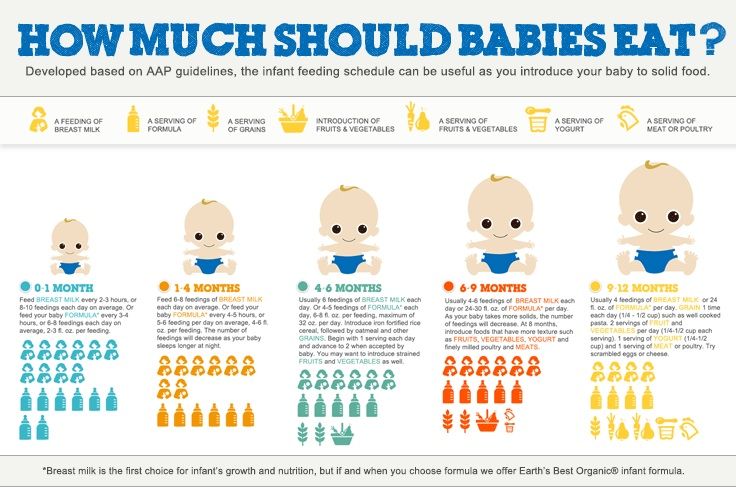 Increased nighttime worries are a relatively short time, but it is now that memories of love and intimacy are being formed that your child will carry with him for the rest of his life.
Increased nighttime worries are a relatively short time, but it is now that memories of love and intimacy are being formed that your child will carry with him for the rest of his life.
Irina Ryukhova , "New level" .
Thank the photographer Evgeny Shutov For the photos provided by
Go to other interesting articles on Guards
Our useful and interesting webinars for nursing mothers
9000 9000 9000 9000 9000 9000 9000
Weaning from night feeds and uninterrupted sleep throughout the night is the dream of many new parents. However, kids have completely different plans in this regard. Many of them continue to wake up to eat or drink, even at 3 years old. We understand why this happens and whether it is possible to wean a child to eat at night.
Why night feedings are needed
Night feedings are not a whim, but a necessity for the normal development of the baby.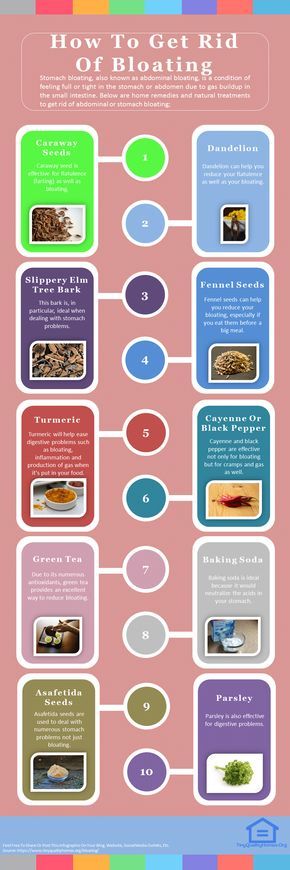 First of all, they are needed by the child, and then by the mother. The main reasons why a child needs to wake up at night include the following:
First of all, they are needed by the child, and then by the mother. The main reasons why a child needs to wake up at night include the following:
- physiological immaturity. Compared to adults, children's metabolism is very fast. This is due to the active growth and development of the baby. In addition, both formula and breast milk are absorbed very quickly - on average, in 2-4 hours.
- Features of lactation. The amount of milk in the mother is regulated precisely by feeding at night, since the hormone prolactin is actively produced at this time of day. If a woman wants to breastfeed a baby, at least one nightly application is necessary.
- evolutionary mechanisms. According to one hypothesis, night waking is an evolutionary mechanism that protects the baby from sudden infant death syndrome.
- Compensatory. If the mother removes daytime feeds, the baby may begin to wake up more often at night to compensate for the lack of daytime feedings.
 This is more relevant for children on breastfeeding one year old and older.
This is more relevant for children on breastfeeding one year old and older.
If night waking does not cause inconvenience to mother and baby, then there is no need to specially clean them. You can wait until the baby's nervous system matures and he refuses such feedings on his own.
� When the baby is ready to leave night feeds
The ability to sleep through the night without waking up for a night snack develops as the baby's nervous and digestive systems mature. Attempts to reduce nighttime feedings before this point can end in failure, exhaust the mother and cause sleepless nights for the whole family.
The following terms are considered physiological:
| Type of feeding | When do night feeds end? |
| breast | A breastfed infant stops eating at night around 18–24 months of age. |
| mixed | Depends on what kind of food (formula or breast milk) prevails in the baby's diet. |
| artificial | Formula is considered a heavier product, so formula-fed babies may refuse to eat at night as early as 9-12 months. |
Some babies, whether breastfed or formula-fed or mixed-fed, may start sleeping without waking up for nighttime feeds as early as 6 months. If the mother has enough milk, and the baby is gaining weight normally, you do not need to specifically wake the baby to feed him.
Important! Night feedings are the key to successful lactation. If the baby of the first months of life does not wake up at night, you need to offer the breast to a sleepy baby. This stimulates the production of milk and will help to avoid problems with its quantity.
How to stop feeding your baby at night on EW
It is much easier to remove night feedings from a baby on artificial feeding than on breastfeeding. This is due to the fact that a baby on IV immediately gets used to the schedule, and with a greater nutritional value of the mixture, and less difficulty with its replacement. On average, babies who eat formula wake up only 2-3 times per night, so it will not be difficult to refuse such a number of feedings.
On average, babies who eat formula wake up only 2-3 times per night, so it will not be difficult to refuse such a number of feedings.
However, weaning from nighttime eating should begin no earlier than 6 months. By this age, the brain of children in general is ready to sleep without awakening from 6 to 8 hours. What can be done to reduce the number of feedings?
- If the mother practices co-sleeping, you should not combine moving the child to the crib and accustoming to uninterrupted sleep at night. It is better to reduce the number of wakings first, and then move the baby to your bed.
- If the baby has entered a clear mode, you can gradually increase the intervals between night feedings. You can move them no more than half an hour at a time.
- When the baby asks for food at night, offer him water first and only then formula. Perhaps he wakes up from thirst, not from hunger. This approach will help increase the intervals between feedings.

- After a year, a hearty dinner helps to improve sleep. Feed your baby porridge or porridge with meat 2-3 hours before bedtime. Such food is digested for a long time and will help the baby sleep better.
It is important to remember that the reduction in feeding should not be accompanied by tears and tantrums of the baby. Restless night sleep and discomfort will cause the baby to wake up more often.
Weaning from night feeds should not be a problem for the baby and other family members. Our doctors will remotely advise on the features of children's sleep and help you choose the right moment for weaning from night feedings.
How to remove night feedings with breastfeeding
The regimen of children who are exclusively breastfed is different from the regimen of children who are fully or partially artificially fed. For children on IV, night feedings, rather, are a consequence of the characteristics of the child's psyche and metabolism. For children on breastfeeding, they are rather a necessity.
For children on breastfeeding, they are rather a necessity.
It is at night that the hormone prolactin is produced, which regulates the production of milk in the mother. If you do not feed your baby at night or leave such feedings too early, this will directly affect the amount of milk and, as a result, the development and growth of the baby.
It is believed that during weaning, night feedings are the last to stop. However, you can reduce the number of nightly attachments before the mother decides to complete breastfeeding. What can be done for this?
- If the mother practices co-sleeping, moving the baby to her crib will help reduce the number of nightly attachments. At first, you can put a baby bed with the side removed to the parent one and shift the baby after he falls asleep. Then the side rises, and the bed moves away.
- After a year, giving up or reducing the number of night feedings helps a hearty dinner and a bowl of water instead of breastfeeding at night.
 You can also give kefir or a mixture at night.
You can also give kefir or a mixture at night. - The number of nightly attachments is also affected by daytime feeding. If the mother cancels too many daytime attachments and severely restricts the baby, he can compensate for the lack at night. Therefore, if the mother does not plan to completely cancel breastfeeding, it is better to allow the toddler to apply during the day.
If the mother does not plan to stop breastfeeding in the near future, then it is better to postpone weaning from night feedings to a more suitable time for this and wait for the moment when the baby himself refuses nightly feedings. After a year, you can teach the child self-attachment. In this case, neither the baby nor the mother practically wakes up at night.
Read also What kind of breastfeeding is considered prolonged
FAQ
How many times does the child eat at night?
+
The number of night feedings depends on the age and type of feeding. Formula-fed babies wake up 2-3 times a night on average. Breastfed babies may wake up more often.
Formula-fed babies wake up 2-3 times a night on average. Breastfed babies may wake up more often.
When do children wake up at night?
+
The baby's brain is not adapted to a long night's sleep. This is believed to be an evolutionary mechanism that protects infants from sudden infant death syndrome. The child begins to sleep more than 6 hours in a row after a year, and all night - closer to three.
What can I do to stop my child from eating at night?
+
You can reduce the number of nightly feedings by moving the baby to a separate bed, starting to feed a denser dinner and gradually increasing the intervals between nightly attachments.
When should a baby be weaned?
+
The World Health Organization recommends breastfeeding or formula feeding until two years of age if it is comfortable for both mother and baby. If a woman decides to wean the baby from the breast earlier, you need to replace the breast mixture.
If a woman decides to wean the baby from the breast earlier, you need to replace the breast mixture.
Is it necessary to wean the baby from the breast if he does not sleep well?
+
Weaning does not guarantee that the baby will sleep through the night. For this to happen, his nervous system must mature. Weaning, especially through tears, can cause restless sleep and frequent waking.
Expert opinion
Night feedings are necessary for the normal growth and development of the child. On average, children self-refuse by the age of 9-24 months. However, this does not mean that the child stops waking up at night. The brain fully matures for this only at the age of 3 years. To wean a child from waking up at night, you need to feed him more densely before bedtime, move him to his crib and offer water at night instead of breast or formula.
We publish only verified information
Article author
Pruzhinin Mark Yulievich pediatrician
Experience 30 years
Consultations 1572
Articles 143
Experienced pediatrician with extensive experience and clinical experience in various medical organizations in the field of general pediatrics, resuscitation and integrals.

 Age can vary from 9 to 24 months.
Age can vary from 9 to 24 months. 
